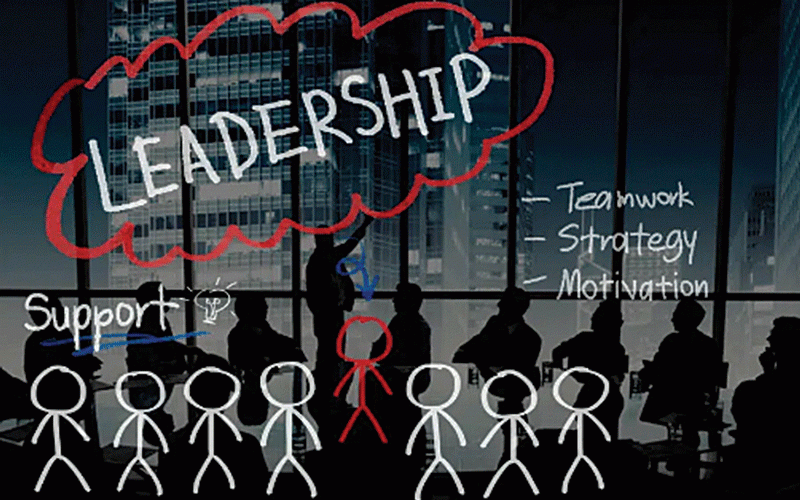
By Brian Sedze
The globalisation fad may be dying. The battle of nationalism vs globalisation and regional integration is now very evident.
In Africa the rise of nationalism is worse because leaders can’t create a new economy, but instead hold on to the old industrial system of agriculture and mining. To be profitable these old industries must destroy jobs rather than create and doing so by modernisation, AI, mechanisation, robotics, genetic engineering and so forth.
With population growth far exceeding the carrying capacity of the economy the standard of life will not improve much. Job creation will be far outpaced by both population growth and number of graduates. Zimbabwe as an example has exceeded its carrying capacity any further population growth if not curtailed will result in an explosion internally and regionally.
Donald Trump’s idea of “America First” may have been ahead of its time alongside rising nationalism shown by Brexit, Marie Le Pen in France rising popularity, Herman Mashaba in South Africa, Boris Jonhson in Britain, Chilango Chitangala in Lusaka, and so forth.
Migration is no longer a viable economic option unless you have critical skills mostly found in science, technology, engineering and mathematics (STEM). Countries are putting their citizens first because in the region they too are facing a huge unemployment challenge.
It seems the Economic Freedom Fighters (EFF) is slowly joining the bandwagon of “South Africans First”.
The solution is in:
- Chamisa under fire over US$120K donation
- Mavhunga puts DeMbare into Chibuku quarterfinals
- Pension funds bet on Cabora Bassa oilfields
- Councils defy govt fire tender directive
Keep Reading
- Curtailing population growth.
- Embracing the new economy in a big, hairy and audacious manner.
- Promoting rural economies and urbanisation of rural areas to promote reverse migration that ensures youth are productive in agriculture and mining.
- Democracy that deploys the most competent to lord over our economic affairs.
- Implementation of Zimbabwe Agenda for Sustainable Socio-Economic Transformation, especially the cluster on value addition.
- Innovate beyond the familiar by having a broad innovation funnel and funding of start-ups.
- In the interim government should move from being a regulator to being part of promoting and funding the new order.
- Discard and make irrelevant industry dinosaurs prevalent in associations and lobby groups that are holding the economy to ransom by promoting the old system.
- Have a few more special economic zones than now.
- Stop crony capitalism.
- Improve ease of doing business and make the tax code friendly.
- Have a government of national unity (GNU) after 2023 to stabilise the economic ship through less investment in politics.
- Re-energise community ownership schemes and local value addition in the rural economy.
The regional economies are also struggling with unemployment, capacity in health facilities, infrastructure vs population, quality of life and so forth. Thus they put their countries first.
Zimbabwe is unique in that it is averse to foreigners. A local telecommunications company hounded a Rwandese and Swiss MD, a listed fast-moving consumer goods firm faced a huge furore over a South African MD for its subsidiary, a lot of noise was made over a new foreign rugby coach and illegal immigrants are put in jail. We cannot expect to be treated any better.
Nationalism is going to rise because you can’t win an election by promoting regional peers over your citizens. It can’t be a great campaign message.
The rise of nationalism will put to rest the globalisation of employment and costs. What will remain is the globalisation of markets which means without developing competitive advantages and dynamic comparative advantages the local industry will die adding to unemployment numbers.
Without a shift in economic thinking and investing in competence as a country we must prepare to welcome a huge number of migrant workers in the Southern African Development Community back into the country one of these years. It will be an implosion.
- Brian Sedze is strategy consultant and president of Free Enterprise Initiative. He can be contacted on [email protected]











